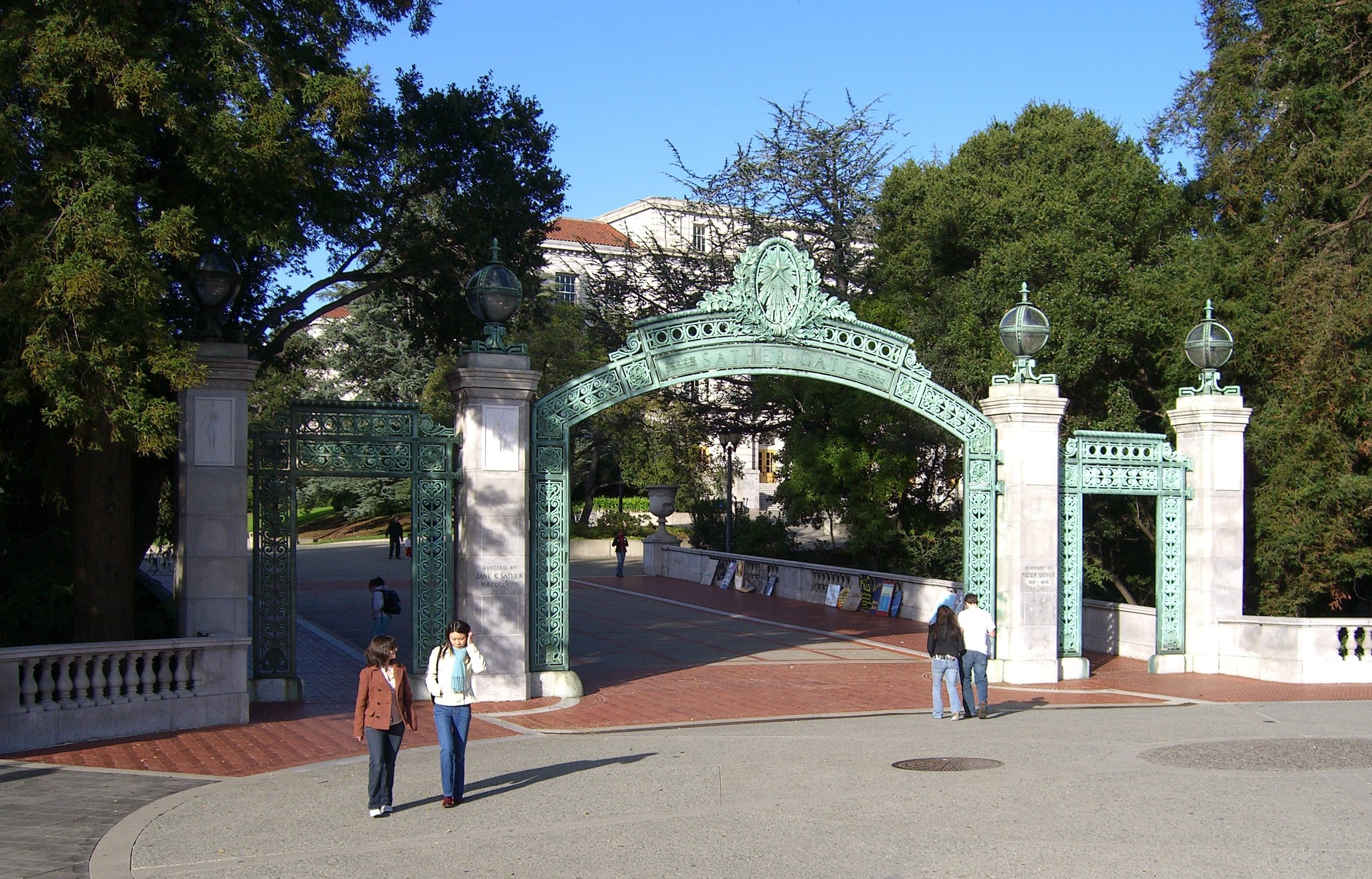Like SJ's system that reroutes street water into the SF Bay, LA's urban runoff heads straight to its county beaches. Currently, many of these beaches are warning residents to avoid the water at all costs, due to high fecal-indicator bacteria (FIB). City Journal connects LA's surging FIB numbers and sprawling homeless encampments in an insightful piece on preserving public safety.
Read MoreIn a hard-hitting Free Press piece, Neighbors Together Oakland's founder Seneca Scott observes that the Left assumes wealth/race divide people's perspectives on criminal justice, with only affluent white folks wanting fortified police forces. Instead, says Scott, minority residents in poorer neighborhoods are often the firmest advocates for beefed-up policing—because they're most impacted by unsafe living conditions.
Read MoreTwo San Jose AI companies—A-CX and InfoObjects—and UC Berkeley finance prof/AI researcher Anastassia Fedyk comment on Mayor Mahan and CM Cohen's initiative to promote local artificial intelligence innovation. Making AI “approachable,” they explain, involves tapping into population density, university talent, and civic problem-solving. An Opp Now exclusive.
Read MoreThe Opp Now team dove into Reddit community r/BayArea to find out how local residents feel about Bay Area Rapid Transit, and the following comments—excerpted from a thread titled “Why does BART suck so much?”—are all things frank, tongue-in-cheek, and, yes, profoundly sobering for taxpayers. Fasten your seat belts.
Read MoreOver the last couple weeks, masses of students and faculty have advocated for the end of the Israeli people at universities such as Stanford, Berkeley, and UC Davis. In the LA Times, Cal's law dean Erwin Chemerinsky expresses horror about the discrimination Jewish folks have experienced on college campuses since Hamas' first attack—which some suspect is tied to DEI ideology's inherent antisemitism.
Read MoreFolks of all political stripes who want safer, more humane streets are banding together to request the SCOTUS review Johnson v. Grants Pass, which builds on Martin v. Boise by prohibiting cities from maintaining certain restrictions on street encampments. Similarly, San Jose's mayor—among others like San Diego's—wants the city to enforce more stringent rules on illegal camping. From the National Review.
Read MoreFor local jurisdictions to reach their Housing Elements' lofty targets for new affordable housing units, private investors must perceive reduced risk and a higher potential for payoff, says SF real estate firm director K. Cyrus Sanandaji. Sanandaji proposes in the SF Business Times that cities reform roadblocks to housing construction—like burdensome permitting processes—in order to jumpstart private sector developments.
Read MoreCampus Reform reports that in attempts to minimize student discomfort, the University of California’s Ethnic Studies Faculty Council has cautioned to avoid terms like “terrorism” when denoting civilian targeting that defies the International Humanitarian Law. Simultaneously, local Jewish students—including at the Bay Area's own Stanford University—are seeing heightened discrimination, while institutions like DEI offices turn a blind eye.
Read MoreThe SF Chronicle reports that while the rest of the U.S. saw reduced violent crime rates in 2022, California's increased for a second year—our highest numbers since 2008. Since Prop 47 was passed in '14, serial thieves are now challenging and time-consuming to arrest, and their crimes are dealt with as piddly misdemeanors. Meanwhile, Supe Ellenberg blames law enforcement for being too effective at its job (read: incarcerating criminals).
Read MoreThe Legislature and Gov. Newsom's panicked attempt to disqualify the Taxpayer Protection Act from 2024's ballot only adds to Big Gov't's pattern of stifling democratic rights/processes, says the OC Register's Jon Coupal. He goes on to argue that eliminating Prop 13 protections—which ensure that approving earmarked tax hikes is reasonably tough—would be nonsensical and ineffective.
Read MoreLocal media recently celebrated a poorly designed Joint Venture Silicon Valley study, which discovered that people who get free money from universal basic income (UBI) programs (like Santa Clara County's) are more able to afford things that—hold your breath—cost money. Stanford economics prof John Cochrane provides deeper analysis, noting that UBI historically doesn't rescue people from poverty long-term or incentivize workforce participation. Wouldn't it help low-income folks better if cities purged their burdensome regulations/taxes and helped create real jobs instead? An Opp Now exclusive.
Read MoreCity Journal pipes in on the Bay's heat pump debate (all gas heaters must be replaced by electric, as early as 2027) and points out: Since the switch will debilitate lower-income residents and could—in tragic irony—actually amplify climate harm, why bother with an all-or-nothing mandate?
Read More











